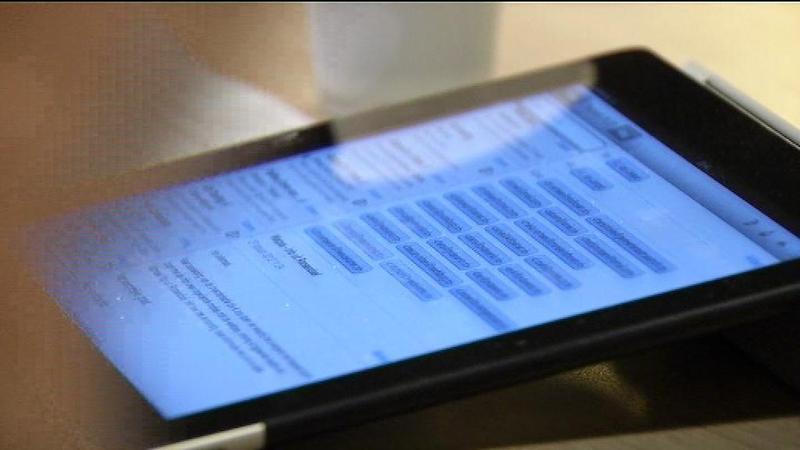In Eindhoven many scientific articles are produced and there is a lot of research being done. The aim is that all scientific articles in Europe must be freely accessible as of 2020.
EU member states want to achieve optimal reuse of research data. They are also looking into a European visa for foreign start-up founders.
And, according to the new Innovation Principle, new European legislation must take account of its impact on innovation. These are the main outcomes of the meeting of the Competitiveness Council in Brussels on 27 May 2016.
Sharing knowledge freely
Under the presidency of Netherlands State Secretary for Education, Culture and Science Sander Dekker, the EU ministers responsible for research and innovation decided unanimously to take these significant steps. Mr Dekker is pleased that these ambitions have been translated into clear agreements to maximise the impact of research. ‘Research and innovation generate economic growth and more jobs and provide solutions to societal challenges,’ the state secretary said. ‘And that means a stronger Europe. To achieve that, Europe must be as attractive as possible for researchers and start-ups to locate here and for companies to invest. That calls for knowledge to be freely shared. The time for talking about open access is now past. With these agreements, we are going to achieve it in practice.’
Open access
Open access means that scientific publications on the results of research supported by public and public-private funds must be freely accessible to everyone. That is not yet the case. The results of publicly funded research are currently not accessible to people outside universities and knowledge institutions. As a result, teachers, doctors and entrepreneurs do not have access to the latest scientific insights that are so relevant to their work, and universities have to take out expensive subscriptions with publishers to gain access to publications.
Reusing research data
From 2020, all scientific publications on the results of publicly funded research must be freely available. It also must be able to optimally reuse research data. To achieve that, the data must be made accessible, unless there are well-founded reasons for not doing so, for example intellectual property rights or security or privacy issues.
Source: EU2016.nl
















